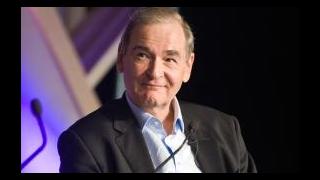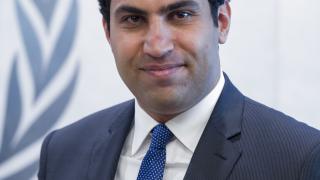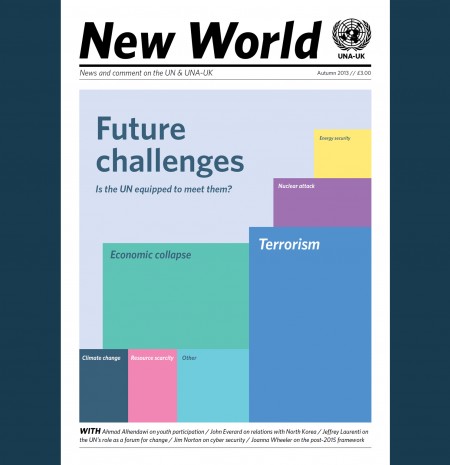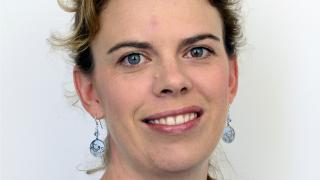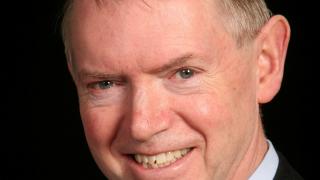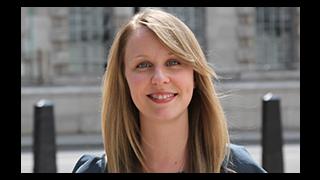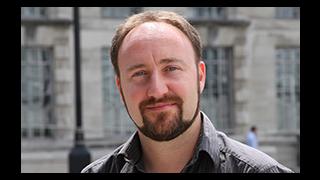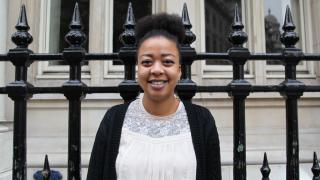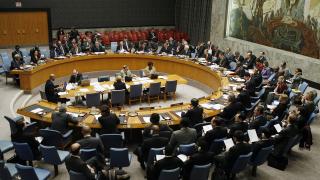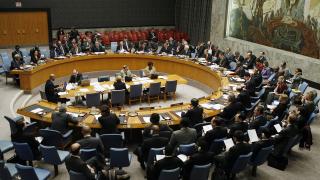
On 18 October, the international community was left bewildered when Saudi Arabia rejected a non-permanent seat on the UN Security Council (UNSC). Saudi Arabia cited the failure of the UNSC to bring peace and stability to the Middle East, in particular the ongoing Israel-Palestine conflict and the crisis in Syria, as evidence of the body being unfit for purpose and in need of reform. This marked the first time a member state has refused to take up a Council seat after its election.
Created in the wake of World War Two to “save succeeding generations from the scourge of war”, the UN and the Security Council in particular was formed to pursue diplomacy and maintain international peace and security. But during the Cold War, the United States and the Soviet Union routinely used their vetoing rights to pursue their own interests through the Security Council, often purposely opposing one another. The Soviet Union went so far as to boycott the Council over the body’s refusal to accept the communist People’s Republic of China as the legitimate Chinese representative. To the Soviet Union’s chagrin, the Council’s work continued unabated and they found themselves unable to veto the UNSC decision to intervene in the Korean War.
There have been other cases where states have sought Security Council approval for the use of force – Resolution 1973 approved intervention in Libya in 2011. However, countries have also chosen to bypass the Security Council when it suits – notably in Kosovo (1998-99) and Iraq (2003-11). This seems to indicate that countries pick and choose when they will adhere to the UNSC, ignoring it to pursue their own agendas and often undermining the Council in the process.
However, when its own permanent members show the Council such disregard, it is hardly surprising that others will follow suit. This seemed particularly evident over the summer when it would not be an understatement to say that the UN was faced with an existential crisis. Indecision on what to do over Syria has dragged on for over two years, due to entrenched disagreement between the five permanent members.
In a statement on Syria, US President Barack Obama said, “I am comfortable going forward without the approval of a United Nations Security Council that, so far has been completely paralysed and unwilling to hold Assad accountable.” Surprisingly, it was Russia which took the credit as the “champion” for the Council, urging countries to pursue a UNSC resolution in the wake of a chemical weapons attack.
The events of the summer have also shown that states cannot completely overlook the UN. In the UK, public opinion proved pivotal: an Ipsos MORI poll found that only 6 per cent supported the UK taking military action without UN approval, whilst 34 per cent supporting taking action with UN approval. Past grievances, such as Britain’s involvement in the war in Iraq, will have heavily informed public opinion. Another poll conducted in March 2013 found that 70 per cent of the British public now thinks that it was wrong to get involved, and that 52 per cent think it has damaged Britain’s reputation in the world. For many, UN Security Council approval is now a key element of international legitimacy: states cannot afford to ignore either the Council or public opinion.
The Soviet Union boycott and the Saudi Arabia rejection can both be seen as acts of defiance: asserting themselves as major world players, independent from outside, or more specifically, American influences. Sadly, this misses the point. The UN is principally a platform for discussion and the exchange of ideas with which to increase international cooperation. It is only by taking part in the conversation and engaging in dialogue can any change occur. Without getting rid of these institutions completely, reform must come from within. In this respect Saudi Arabia’s rejection of the UNSC seat, whilst a useful way to voice discontent with the system, seems to be counter-productive in actually tackling the issues it claims to wish to resolve.
Yesl Kang is a Membership Administration & Projects Intern at UNA-UK.

